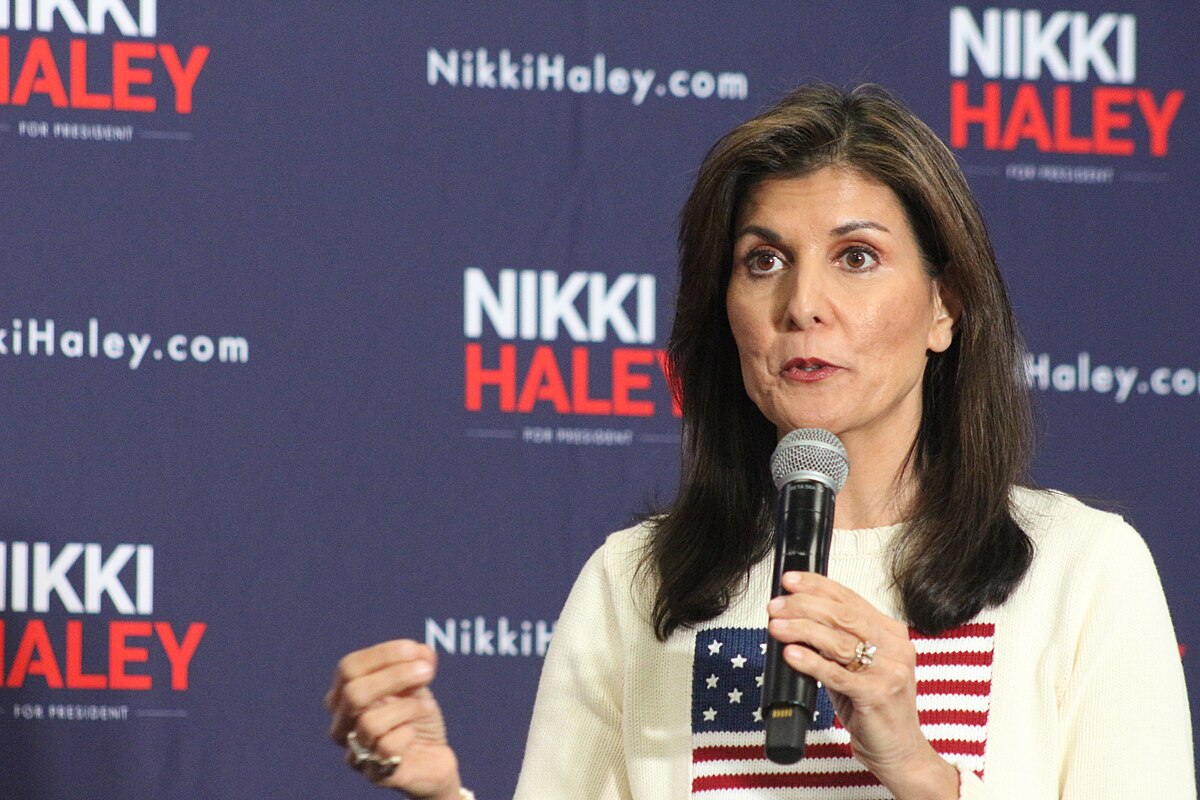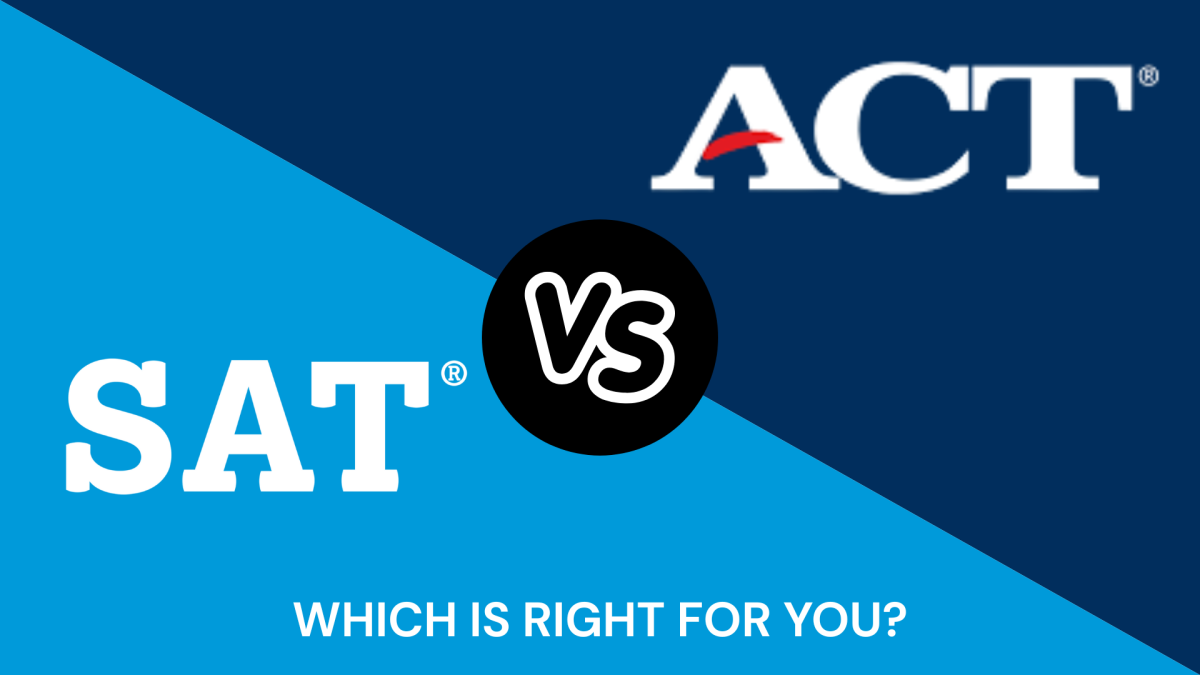As the Super Tuesday primary came to a close, Americans unsurprisingly saw Trump maintain his domination over the Republican party through each state win. The results come after a line of victories Trump has celebrated in Nevada, South Carolina, Iowa, and New Hampshire. Haley promptly dropped out of the race after the results came in. Yet, this undefeated success leaves many questions for why Nikki Haley, Trump’s last Republican challenger, stayed in the race for so long.
Haley began her campaign when Trump was lagging in the polls, running on a conservative platform reflecting the foreign policy of establishment Republicans. Haley framed herself as a more stable, modern option for voters disillusioned with the religious, populist swing the party had taken. But with nearly all polling indicating Trump winning the nomination, Haley’s campaign simply amounts to a self-advertising tour riding on outdated policies.
Through her political career, Haley has struggled like many establishment Republicans to position themselves alongside the populist extremists that now govern the party. While congresswomen like Marjorie Taylor Green go “ride or die” with Trump, Haley is more moderate on social and economic issues. Haley was appointed ambassador to the United Nations by Trump after she served a popular term as a state governor, positioning herself as an ally. However, as a presidential candidate she condemned his holding of classified documents at Mar-a-Lago, yet also defended his financial dealings in the New York lawsuit. She pledged to support him as the nominee if successful, but has also consistently criticized his reckless personality.
Haley’s flip-flopping made her vulnerable to Trump, who, among using insulting names, accused her of being disloyal, as she had previously pledged not to run if Trump ran. Her campaign funding was criticized by her opponents, as some of her donors include Koch Industries and LinkedIn CEO Reid Hoffman, who regularly sides with Democratic candidates.
Haley has also been shaky to Republican voters on multiple issues, most notably abortion. She has supported a national abortion ban, but failed to articulate for how long. She initially supported an Alabama Supreme Court ruling that found embryos to be considered children, but later felt it went too far.
Haley’s foreign policy was also controversial among voters, reflecting the hawkish foreign policy of Republicans like George Bush and Dick Cheney. She advocates for harsher military action and security against Russia, Iran, and China. Haley has criticized Biden for “not going far enough” in defending Ukraine against Russia.
Ultimately, Haley’s policies reflect a Republican agenda of 10 years ago that promoted big military and low taxes. Working class Republican voters who make up the majority of the party’s base are less enthusiastic to support medicare budget cuts and foreign war expenditures. Haley’s party has become increasingly concerned with social issues like “wokeness” and immigration control rather than the business pragmatism of establishment moderates.
This reality, paired with the dismal outlook for Haley’s electoral performance, left her campaign with few benefits. The best outcome from this campaign is for her to increase her notability within the party, potentially giving fuel to a future run that may prove more successful if Trumpism is rooted out of the Republican Party. Yet for now, the Republicans seem wholly attached to Trump’s populist message. And with this considered, Nikki Haley’s campaign will ultimately be remembered as a desperate effort for moderate Republicans to reclaim their party.









